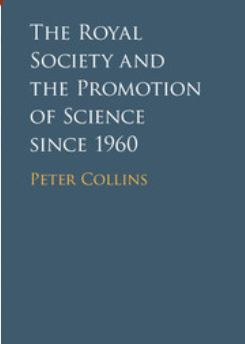


The Royal Society is one of the world's oldest and most prestigious scientific bodies, but what has it done in recent decades? Increasingly marginalised by postwar developments and the reforms of civil science in the 1960s, the Society was at risk of resting on its laurels. Instead, it found ways of exploiting its unique networks of scientific talent to promote science. Creating opportunities for outstanding individuals to establish and advance research careers, influencing policymaking at national and international levels, and engaging with the public outside the world of professional science, the Society gave fresh expression to the values that had shaped its long history.
Through unparalleled access to the Society's modern archives and other archival sources, interviews with key individuals and extensive inside knowledge, Peter Collins shows how the Society addressed the challenges posed by the astounding growth of science and by escalating interactions between science and daily life. This book, 'The Royal Society and the Promotion of Science since 1960', available from Cambridge University Press HERE, provides the first detailed account of how the Royal Society developed from the second half of the twentieth century onwards; examines how the Royal Society adapted to the explosion of government and public interest in science, and found new ways to take forward its mission to promote science; and explores how a small independent organisation can play an influential role in shaping an activity dominated by large and mostly publicly funded bodies.